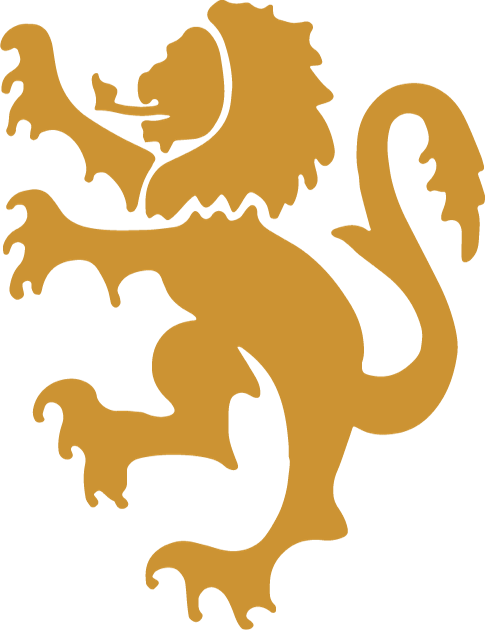Llanidloes High School is one of those selected by Welsh Government to help create and design the new curriculum for settings and schools in Wales. The curriculum will be available by April 2019 for feedback. A final version will be available in January 2020, and will be used throughout Wales by 2022.
The whole approach to developing young people aged 3 to 16 will change.
The new curriculum will have more emphasis on equipping young people for life. It will build their ability to learn new skills and apply their subject knowledge more positively and creatively. As the world changes, they will be more able to adapt positively.
They will also get a deep understanding of how to thrive in an increasingly digital world. A new digital competence framework is now introducing digital skills across the curriculum, preparing them for the opportunities and risks that an online world presents. This is why we have recently invested heavily in extending our IT infrastructure.
Meanwhile teachers will have more freedom to teach in ways they feel will have the best outcomes for their learners.
The central focus of assessment arrangements will be to ensure learners understand how they are performing and what they need to do next. There will be a renewed emphasis on assessment for learning as an essential and integral feature of learning and teaching.
The purpose of the new curriculum is to support our children and young people to be:
- Ambitious, capable learners, ready to learn throughout their lives
- Enterprising, creative contributors, ready to play a full part in life and work
- Ethical, informed citizens of Wales and the world
- Healthy, confident individuals, ready to lead fulfilling lives as valued members of society.
- Expressive arts.
- Health and well-being.
- Humanities (including RE which should remain compulsory to age 16).
- Languages, literacy and communication (including Welsh, which should remain compulsory to age 16, and modern foreign languages).
- Mathematics and numeracy.
- Science and technology.
It will also include three cross-curricular responsibilities: literacy, numeracy and digital competence.
Assessment is a continuous process and takes place on a daily basis in schools. Progression reference points help learners, teachers, parents and carers to understand if appropriate progress is being made. They will set out expectations for learners in each area of their learning relating broadly to ages 5, 8, 11, 14 and 16.








